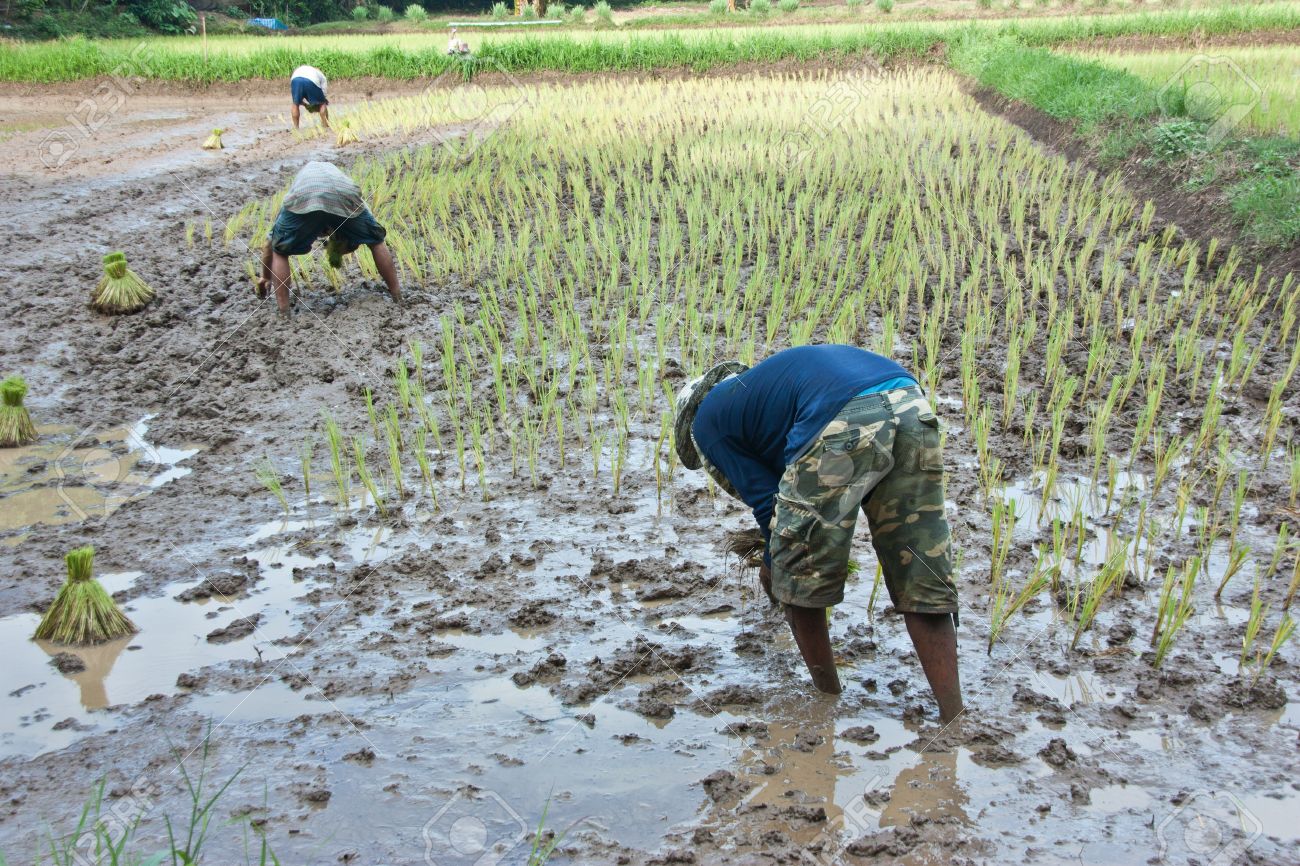Sokoto teachers turn to farm to survive COVID-19 crunch
Some teachers in Sokoto State are taking to farming to mitigate the impact of the coronavirus pandemic on their livelihoods. Since the closure of schools occasioned by the COVID-19, many of them have not received any salary. COVID-19: Badaru’s exemplary leadership in Jigawa COVID-19: Bank of Industry lists key interventions for enterprises The prevailing situation, […]

FILE PHOTO
Some teachers in Sokoto State are taking to farming to mitigate the impact of the coronavirus pandemic on their livelihoods.
Since the closure of schools occasioned by the COVID-19, many of them have not received any salary.
- COVID-19: Badaru’s exemplary leadership in Jigawa
- COVID-19: Bank of Industry lists key interventions for enterprises
The prevailing situation, many teachers lament, have brought untold hardship to them as they neither have alternative means of sustenance nor the resources to venture into one.
“The last time we received salary was in April.
“In May, we were paid 21 percent of the total salary and that was N1O, 5OO.
“After that, there has been no payment,” 35-year-old Abdulmajeed Ajao, who teaches in a private secondary school in Sokoto said.
“It has been very tough, but to God be the glory, we are surviving.”
Ajao, who is one of those who have found an option in farming, said: “Instead of just sitting at home, I decided to go into rice farming.
“I discussed with a friend of mine that I needed farmland, he then discussed with somebody who is into Fadama farming.
“They gave us the piece of land, and we paid N5O, OOO to use for just four months.”
For this new entrant, his entry into farming provides valuable insight into the viability of agriculture.
Ajao says he realises how recompensing farming could be.
“In fact, as at present, I am even thinking of not going back to teaching in the private school anymore if I have my way.
“If I have the capital that is required, I will go into large scale farming.
“I am impressed with what I have seen.
“The way people around me are harvesting their rice is quite encouraging.
“Aside the amount of energy one puts into serving in the private school compared to the salary we get, if I can use that same energy on the farm within three, four months, it is not going to be small.”
‘Coronavirus took our pay’
Another private school teacher, 3O-year-old Mallam Ibrahim, asserts: “The pandemic took our pay.
“It was hard-hitting as we have not been receiving salaries since the lockdown.”
The teacher, who recently found an alternative means of livelihood in agriculture, described it as a viable option.
“Over this period, I have come to appreciate farming as a sustainable means of economic survival.
“That’s why I decided to choose that path.
“I got a small farm for a start,” Ibrahim states.
The new entrant into farming added that he had to acquire the knowledge, skills, and competence required.
Isa Yahya Ndadanmah also embraced farming in the wake of the pandemic.
Ndadanmah, who has nine years’ experience in teaching, laments the impact of the coronavirus lockdown.
“We only got half salary twice and nothing more.
“The pandemic subjected us to serious and sagacious thinking, especially for those working in the private sector.
“It has made us realise that we have no job yet.
“It has also made us understand that we should diversify.
“Even those working in the government establishments should also know that they should not depend solely on their salary because anything can happen, and once there is no salary, and no other means how do you survive?” he asked rhetorically.
He said COVID-19 is an eye-opener to some opportunities that many did not think of before.
”If you are in difficulty, you will think of a way out so this has brought about how to get other means to survive.”
Ndadanmah chose to return to farming as a way out.
“If you have an established farm where you get huge profit, you don’t care what happens to your job because you have other means and it is reliable.
“You are rest assured that with or without your salary you can survive.”
The teacher is, however, no newcomer to farming.
“It is something I had done before; I grew up with it.
“During my periods in secondary school, diploma, undergraduate, I was farming, it was the National Youth Service Corps that brought me to Sokoto, and I left it,” he revealed.
“When this COVID -19 appeared, it exposed us to serious and sincere thinking; this made me go back to farming.”
Ndadanmah, who is mainly into maize, guinea corn, and groundnut farming, noted that in the absence of any disaster and with fertile land, agriculture yields good results.
